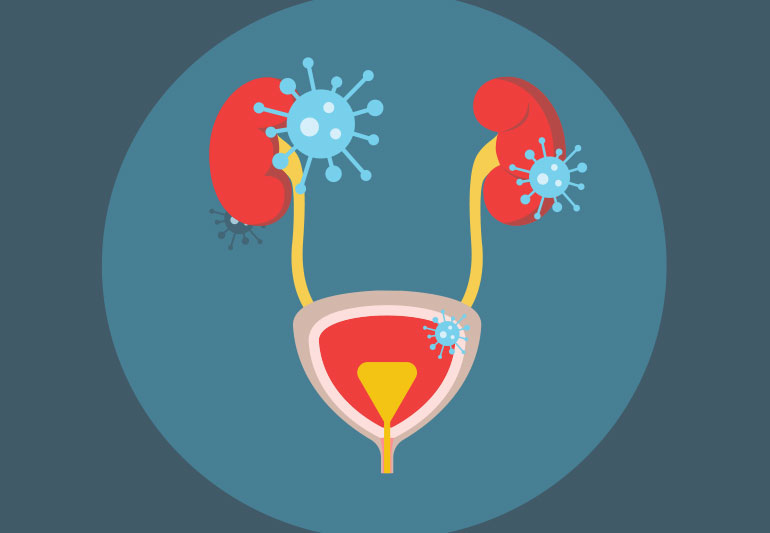Getting a urinary tract infection (UTI) can be uncomfortable and instantly change the way you urinate. You may have to go more often and feel itchy or burning pain due to an overgrowth of harmful bacteria.
Fortunately, several individuals in the scientific community are constantly working on solutions to help alleviate this unwanted problem.
About UTIs
A UTI occurs when bad bacteria enters your bladder. Every year, millions of individuals are treated for this infection.
Statistics indicate that at least 60 percent of women and 10 percent of men will deal with a UTI at one point in their lives.
How Does the Urinary Tract Work?
The function of your kidneys is to produce urine and extract waste products from your body. Ureters help the urine move to your bladder, where it’s stored until you urinate it out of your body.
The urethra is present in both males and females. It connects the bladder to the vaginal opening in your skin if you’re a female or the end of your penis if you’re a male.
When your urinary tract is working correctly, the one-way flow of urine is extracted, helping to prevent infections. Unfortunately, harmful bacteria can sometimes enter your bladder through your urethra.
Symptoms & Causes
If you have a UTI, it can cause an uncomfortable feeling of itchiness or pain in your lower pelvic area or back.
You may even feel like you’ve got to urinate but hardly any comes out. This reaction is due to an irritated bladder, making you feel like you need to urinate.
In contrast, you may also leak urine or lose control of your ability to hold the urine in your bladder. An overgrowth of bad bacteria causes UTIs in your bladder that may have come from your rectum.
Factors That Can Add to Your Chances of Getting a UTI
If you’re a woman who uses a diaphragm as a form of birth control, you may be at higher risk of receiving a UTI. Going through menopause may also increase your chances of getting infected due to a change in the lining of your vagina.
Having diabetes or abnormal anatomy are other factors contributing to the possibility of getting a UTI. Some people have found it helpful to use probiotics to soothe UTIs, and researchers in the medical field are always looking for other ways to combat this problem.
4 Latest Research Studies Focused on UTIs
One of the latest research studies involves looking at the interaction of cytotoxic antibiotics and the immune system. A second research study looked at the prevalence of bladder and bowel dysfunction and its relationship with delayed elimination communication in kids.
A third study examined UTIs in pediatric patients. Focusing on gram-positive bacteria allowed a closer look into using antibiotics to help infants fight UTIs. Finally, a fourth study focused on RhoB and its role during a UTI.
Learning more about combating UTIs in children and adults helps bring the scientific community closer to finding and implementing a positive solution when you get infected.
Hopefully, their work will continue to lead to breakthroughs, making it more efficient to treat UTIs in a positive way.



